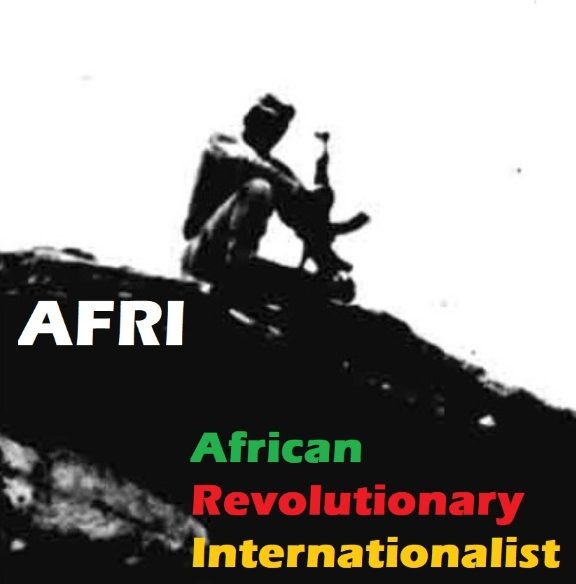
Analysing the Ethics of the Armed Struggle
On 27 May 1980, the leadership of the African National Congress (ANC) received a document adopted by the meeting of the Revolutionary Council (RC) on 22 May 1980 titled “Our Military Perspectives and Some Special Problems”. The document related to the fate met in January 1980 by Umkhonto we Sizwe (MK) units infiltrated to South Africa from Swaziland, which highlighted the ongoing problem of the long-term sustainability of MK units within the country.
During the discussions, the Silverton siege got into the spotlight. The document noted that the RC’s immediate reaction to the incident was “one of uncertainty about the wisdom of this type of tactic. Individual reactions in our movement were generally negative and at least one public comment expressed condemnation of this action”. A complication arose, however, because the siege quickly became perhaps one of the most successful operations in MK history, when it was judged by the objectives set for the armed propaganda campaign. Those interviewed in a survey conducted in Soweto described the Silverton Trio as heroes, and said they generally approved of the action. The document said that hostage taking was not supposed to be mechanically rejected, considering, for example, that cadres found themselves surrounded by security forces, as it happened at Silverton.
This was the only incident in which MK cadres, in contravention of ANC policy, seized hostages for political en



